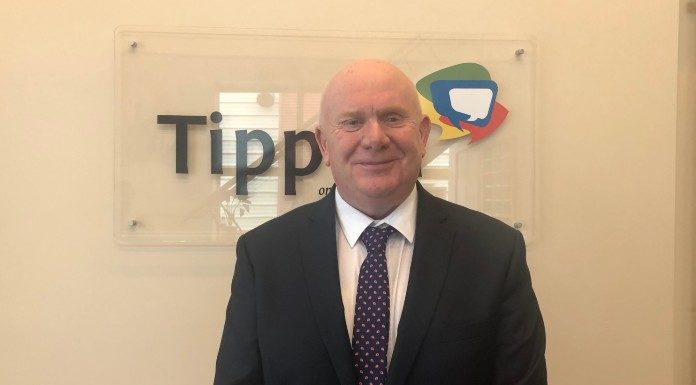Tipperary TD Jackie Cahill says a newly published report into Horse Racing in Ireland concludes that drug testing is up to international standard.
Deputy Cahill, who chairs the Oireachtas Agriculture Committee, launched the report after discussing testing issues with industry representatives in recent months.
It makes a range of recommendations which centre on more testing, more independent members of the Irish Horseracing Regulatory Board, and stronger traceability of horses.
Deputy Cahill says much of their findings centre on greater transparency.
“There’s no evidence that the testing regime in Ireland is not up to international standard. The opposite is the case that we’re fully satisfied as a Committee that testing here is of the highest international standards.
“One of the main points that came through is that more transparency needs to be brought into it. The view is that the IHRB (Irish Horseracing Regulatory Board) should be more transparent in their dealings, and that the Minister should appoint members to that board.”
The key recommendations made by the Committee are that:
– The IHRB board composition be reviewed and that the lack of independent members and the lack of gender balance be examined.
– DAFM should review legislation in relation to the statutory functions of the IHRB and examine the current governance structure in place, with input from anti-doping organisations and horse-racing authorities internationally.
– It should be considered if legislation should be altered to reclassify the IHRB as a semi state body under the aegis of DAFM to ensure complete transparency in its governance
– Any future contracts of employment should specify that employees’ income bands can be made available publicly, in line with all other public service bodies and employees.
– An independent review of the horse racing industry by an outside body is needed to ensure that Ireland’s drug testing procedures match international best practices. This review by the independent body should also include a full audit of all tests previously carried out.
– DAFM needs to employ vets and technicians to manage and oversee the sampling of racehorses when it comes to testing for doping and ensure that the most modern and comprehensive testing regime is in place both before, during and after the race meeting.
– DAFM considers developing laboratory testing capacity in Ireland to build national expertise in testing as well as employment opportunities in this field. This laboratory testing must be carried out by independent sources: a laboratory in the proposed new National Equine Centre under the control of racing authorities would not be acceptable.
– DAFM examines the current equine passport-issuing systems in place and considers streamlining the system by having a central database for all equine passports to decrease errors and passport costs.










